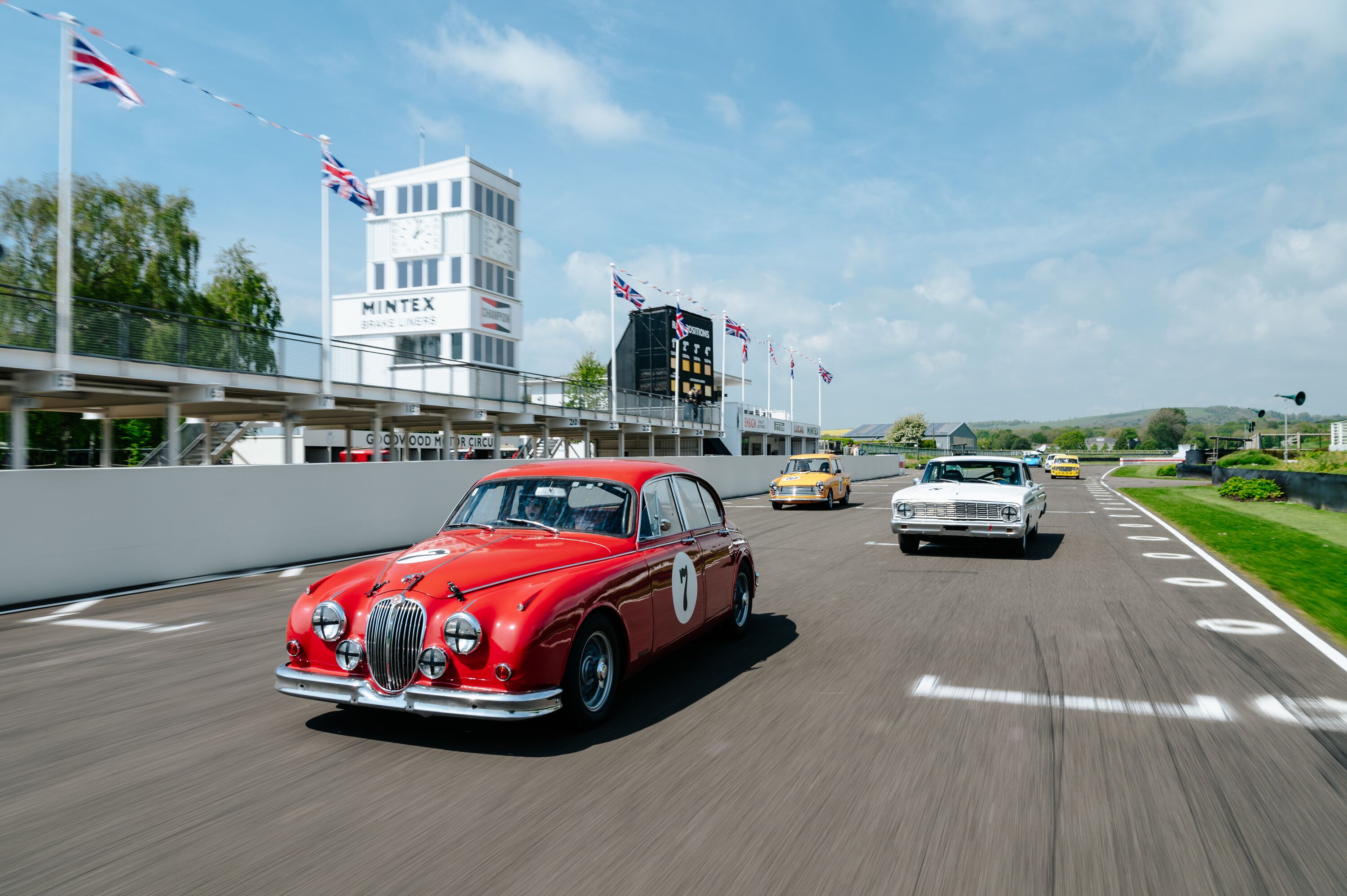Farewell Bentley Mulsanne, farewell 6.75-litre V8
It is known throughout the motoring world as the six-and-three-quarters, and for 60 years it has creamily and effortlessly powered the top echelon of British luxury cars. But now the famous V8 – world record-holder for length of continuous production – has reached the end of the road, as has the very last car ever to have it under its bonnet, the Bentley Mulsanne.
And if all that sounds like it is building up to a valedictory special edition you’d be dead right, as Bentley has announced the Mulsanne 6.75 Edition by Mulliner, a 30-cars-only finale for both Bentley’s most majestic model and that incredible engine. Both will be gone by the spring, the V8 for a future in a museum and the Mulsanne replaced in Bentley’s range by the all-new Flying Spur.

With both the Mulsanne nameplate and the engine boasting such significance in Rolls-Royce and Bentley’s heritage – note for youngers readers, the companies were together until 1998 – there are surely plenty of reasons to have the last Mulsanne made in your garage. Its place in history is assured, something confirmed under the bonnet where a special engine plaque signed by Bentley chairman and chief executive Adrian Hallmark is to be fitted to each of the 30 cars.
Other heritage cues abound, from miniature versions of the engine oil cap on the organ-stop ventilation controls (sounds naff but is doubtless exquisitely done) to schematic cutaway drawings of the engine on the face of the dials.

Six-and-three-quarters being on the long side, the car’s name has been abbreviated to a modern “6.75” – which will likely upset the purists – and it’s this that features in motifs around the car. “6.75” appears in chrome badging, on commemorative plaques, stitched into the seats and even projected on to the ground by LED lights.
You can have any colour paint you want to go with Mulliner’s chosen spec of gloss black brightware on the outside and black, rather than silver, finish for the intake manifold under the bonnet. There is a choice of four single-tone hides in a cabin already overflowing with luxury materials and hand-crafted class. Mechanically the car is based on the Mulsanne Speed so comes with quite a bit of driver focus too, to match its 530bhp and 1,100Nm of torque.
As Bentley says, the 6.75 by Mulliner is “a fitting send-off for a masterpiece of British automotive engineering and craftsmanship.” No price has so far been confirmed, but the regular Mulsanne Speed starts around £250,000.

Why no new Mulsanne flagship? Its place in the range is being taken by the new Flying Spur, launched late last year and with first deliveries due any week now. It might still boast a mighty engine – the VW Group’s 6.0-litre W12 – but in every way it is a far more modern car, lighter and more powerful as well as around a foot (300mm) shorter. And by 2023 there will be a hybrid version of it – electrifying the six-and-three-quarters was unlikely to have been an option.
While the Mulsanne nameplate goes back only to 1980, the V8 engine came out in 1959, in the Bentley S2. Developed in Crewe by Rolls-Royce and Bentley, the all-aluminium overhead-valve V8 began life as a 6.2-litre before being stroked to add another half a litre. It was one of many redesigns of the engine over the decades, including its switch to forced induction in 1982 with the Mulsanne Turbo, and later Turbo R. Throughout all this time the engine’s basic layout, dimensions and cubic capacity have remained the same.
Among V8 engines in continuous production, the great British six-and-three-quarters beats allcomers for length of service – pipping even the small-block Chevrolet V8.
17 British icons of luxury motoring powered by the L-series V8
- Bentley S2
- Bentley S3
- Rolls-Royce Silver Cloud II and III
- Rolls-Royce Phantom V and VI
- Bentley T-series
- Rolls-Royce Silver Shadow
- Rolls-Royce Corniche
- Rolls-Royce Camargue
- Rolls-Royce Silver Spirit
- Bentley Flying Spur
- Bentley Eight
- Bentley Turbo R
- Bentley Azure
- Bentley Continental R
- Bentley Brooklands
- Bentley Arnage
- Bentley Mulsanne
Bentley
Mulsanne
Flying Spur

































